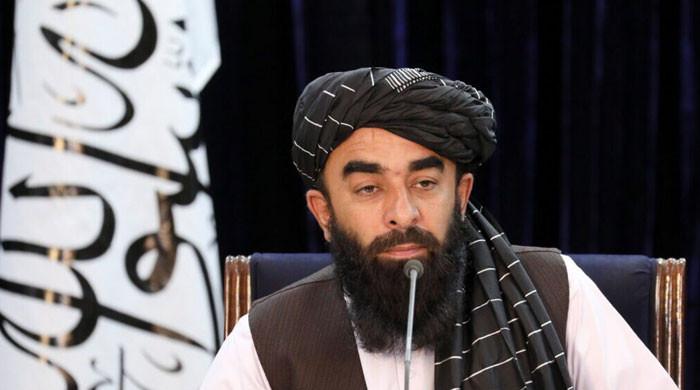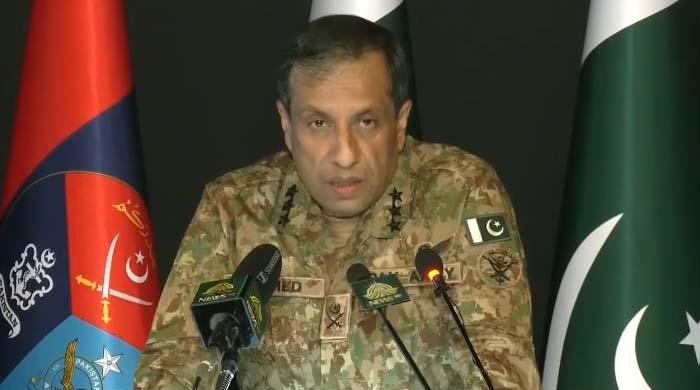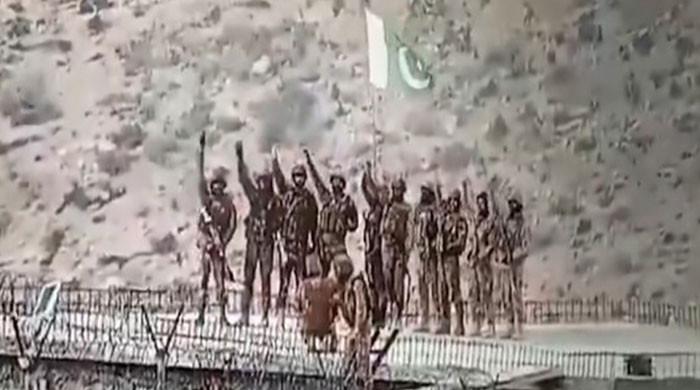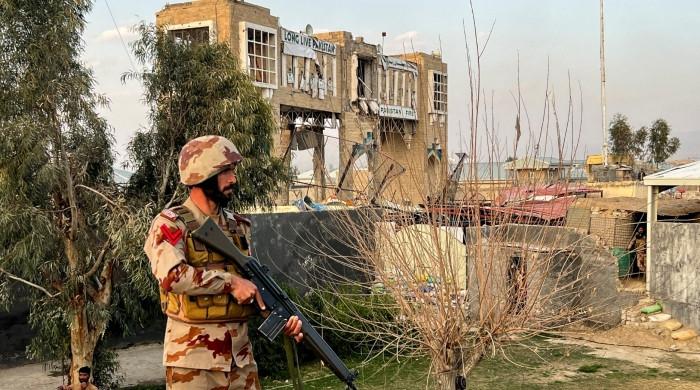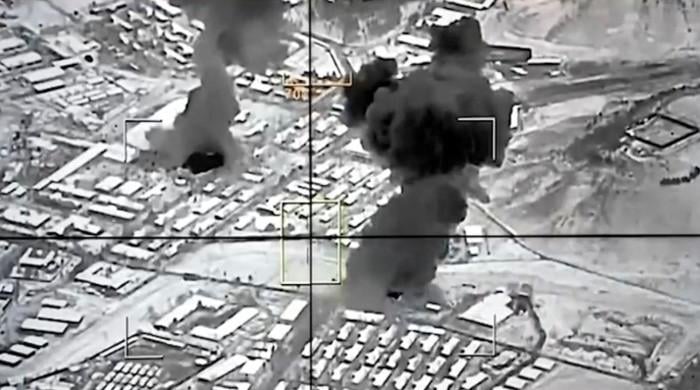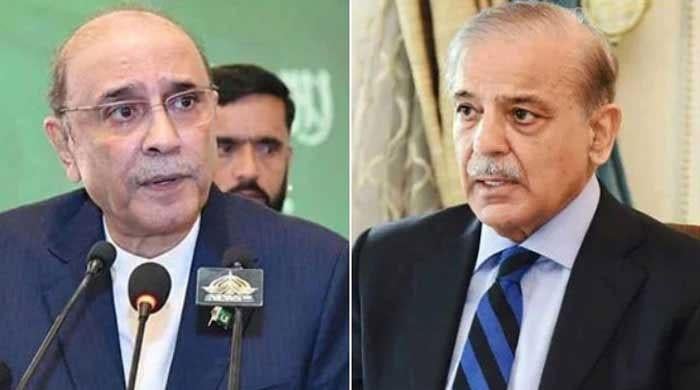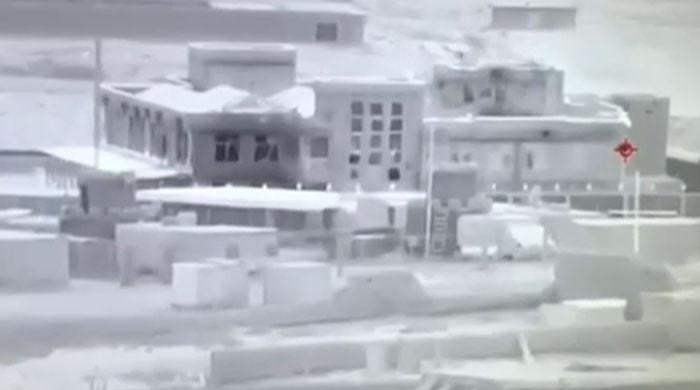Pakistani senator asks FATF to blacklist India for money laundering
India has a covert plan to continue proxy wars through Daesh in Pakistan, says Senator Rehman Malik
October 12, 2020
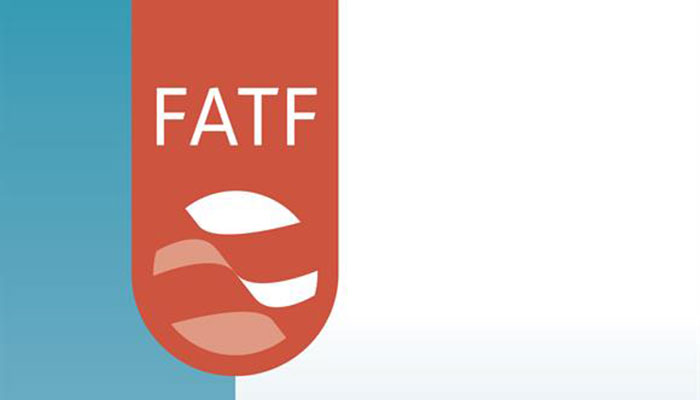
ISLAMABAD: Senate Standing Committee on Interior Chairman Senator Abdul Rehman Malik urged the Financial Action Task Force (FATF) to take notice of 44 Indian banks that figured in SARs linked to over 2,000 transactions valued at over $1 billion between 2011 and 2017, asking the international regulatory body to blacklist India for money laundering for terrorist activities.
According to a news report published in The News, the lawmaker also stated that New Delhi has become a hub of Daesh operators working with RSS (Rashtriya Swayamsevak Sangh) which has put the whole of South Asia in jeopardy.
Addressing a press conference, Malik said: “As many as 44 Indian banks have been flagged in connection with transactions by Indian entities and individuals in a set of Suspicious Activity Reports filed by US banks with the watchdog agency, the Financial Crimes Enforcement Network (FinCEN) and yet FATF is reluctant to take any action against India.”
He said that the American magazine ‘Foreign Policy’ in its article 'Indians and Central Asians Are the New Face of the Islamic State' on October 8, 2020, has confirmed his earlier findings and disclosures about the stronghold of Daesh in India.
Read more: FM Qureshi hopes to see Pakistan on FATF white list soon
He further said that The Economic Times in its publication dated 26 July 2020 reported that the UN has shown graver concerns on the increasing footprint of militants in India and the militant web is spreading at an alarming pace.
Recalling that Pakistan was named in the grey list for the only suspicious transactions while India is given free hand despite its involvement in terror financing and money laundering, he said: “None but the Indian Express has reported it for the first time.”
He maintained that he had written two letters to the FATF president with all evidence to take action against India and its Prime Minister Narendra Modi for being involved in terror financing.
Urging the UN, US, and FATF to take the notice of 44 Indian banks figuring in SARs linked to over 2,000 transactions valued at over $1 billion between 2011 and 2017, Malik said that in his books and articles, he has been revealing that in 2014, Indian National Security Adviser Ajit Doval had visited Iraq and had met with Daesh head to create working relationships with Daesh.
Underscoring that UN report on terrorism has warned that there are a significant number of Daesh terrorists in two states of India, namely Kerala and Karnataka.
India has a covert plan to continue proxy wars through Daesh in Pakistan, Afghanistan, and China as terrorists from China are being trained by RAW in five different places currently, he said, adding that the recent wave of sectarian hatred was a pre-planned conspiracy of Indian spy agency RAW to weaken Pakistan.
“Religious hatred is not acceptable in any case and we need to understand the illicit motives of our enemies,” he said, adding that with unity, love, and interfaith harmony, the nation can defeat its enemies wanting to divide it into sects.





